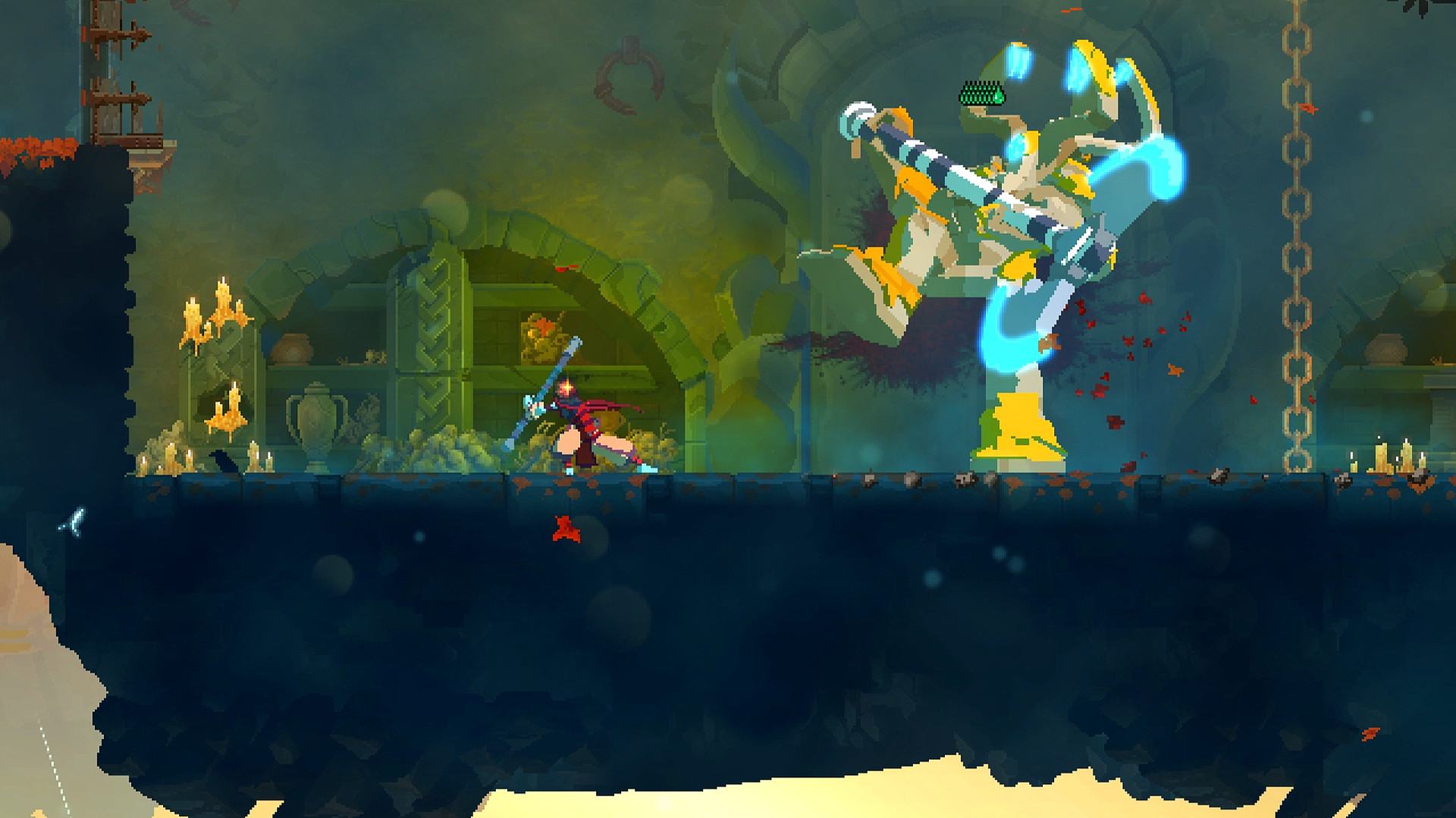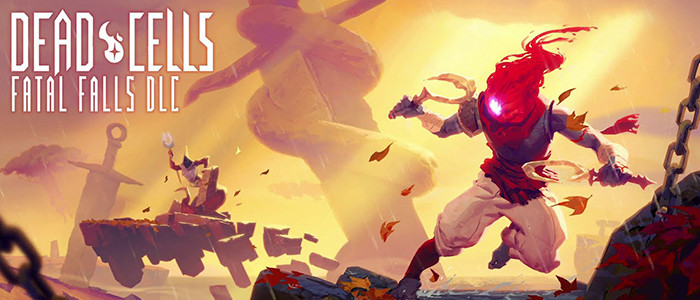

Sport-related concussion is the historical term representing low velocity injuries that cause brain ‘shaking’ resulting in clinical symptoms and that are not necessarily related to a pathological injury. The 5th International Conference on Concussion in Sport held in Berlin, Germany, in 2016 defined Sport-related Concussion as: A concussion may result from shaking the brain within the skull and, if severe, can cause shearing injuries to nerve fibers and neurons.
 Speech: Difficulty finding the "right" word difficulty expressing words or thoughts dysarthric or slurred speechĬoncussions frequently affect athletes in both contact and non-contact sports, and are considered to be diffuse brain injuries that traumatically induce alterations of mental status. Cognitive: Agitation confusion shortened attention span easily distracted overstimulated by environment difficulty following directions or understanding information feeling of disorientation and confusion and other neuropsychological deficiencies. Sensory: Changes in ability to hear, taste or see dizziness hypersensitivity to light or sound. Motor Dysfunction: Inability to control or coordinate motor functions, or disturbance with balance. Individuals with TBI may experience one or more of the following: Mild cases (mild, traumatic brain injury, or mTBI) may result in a brief change in mental state or consciousness, while severe cases may result in extended periods of unconsciousness, coma or even death. Symptoms of a TBI can be mild, moderate, or severe, depending on the extent of damage to the brain. TBI can result when the head suddenly and violently hits an object, or when an object pierces the skull and enters brain tissue. While most brain injuries are self-limiting with symptoms resolving in a week, a growing amount of research has now established that the sequelae from recurrent minor impacts is significant in the long term.Ī traumatic brain injury (TBI) is defined as a form of acquired brain injury from a blow or jolt to the head or a penetrating head injury that disrupts the normal function of the brain. It is important to recognize when a head trauma is severe or has resulted in a TBI because it is crucial to seek immediate medical attention. Sustaining an injury while playing sports can range from a mild physical trauma such as a scalp contusion or laceration to severe TBI with concurrent bleeding in the brain or coma. Amongst American children and adolescents, sports and recreational activities contribute to over 21 percent of all traumatic brain injuries. There are an estimated 1.7 to 3.8 million traumatic brain injuries each year in the United States, according to the CDC, of which 10 percent arise due to sports and recreational activities. Your browser does not support the audio element. A Neurosurgeon Explains: Sports-related Head Injury
Speech: Difficulty finding the "right" word difficulty expressing words or thoughts dysarthric or slurred speechĬoncussions frequently affect athletes in both contact and non-contact sports, and are considered to be diffuse brain injuries that traumatically induce alterations of mental status. Cognitive: Agitation confusion shortened attention span easily distracted overstimulated by environment difficulty following directions or understanding information feeling of disorientation and confusion and other neuropsychological deficiencies. Sensory: Changes in ability to hear, taste or see dizziness hypersensitivity to light or sound. Motor Dysfunction: Inability to control or coordinate motor functions, or disturbance with balance. Individuals with TBI may experience one or more of the following: Mild cases (mild, traumatic brain injury, or mTBI) may result in a brief change in mental state or consciousness, while severe cases may result in extended periods of unconsciousness, coma or even death. Symptoms of a TBI can be mild, moderate, or severe, depending on the extent of damage to the brain. TBI can result when the head suddenly and violently hits an object, or when an object pierces the skull and enters brain tissue. While most brain injuries are self-limiting with symptoms resolving in a week, a growing amount of research has now established that the sequelae from recurrent minor impacts is significant in the long term.Ī traumatic brain injury (TBI) is defined as a form of acquired brain injury from a blow or jolt to the head or a penetrating head injury that disrupts the normal function of the brain. It is important to recognize when a head trauma is severe or has resulted in a TBI because it is crucial to seek immediate medical attention. Sustaining an injury while playing sports can range from a mild physical trauma such as a scalp contusion or laceration to severe TBI with concurrent bleeding in the brain or coma. Amongst American children and adolescents, sports and recreational activities contribute to over 21 percent of all traumatic brain injuries. There are an estimated 1.7 to 3.8 million traumatic brain injuries each year in the United States, according to the CDC, of which 10 percent arise due to sports and recreational activities. Your browser does not support the audio element. A Neurosurgeon Explains: Sports-related Head Injury 
You can read our glowing review of Dead Cells here. These discounts begin January 26 and run into mid-February. That includes 50% off the base game (a nice intro price for newcomers) and 30% off The Bad Seed standalone DLC. The same discount will apply to other versions of the bundle when Fatal Falls launches on the 26th. Switch players can pre-order it now and get 33% off.
DEAD CELLS FATAL FALLS WALKTHROUGH FREE
It includes the base game, the 20 free updates, and both paid DLC's. Players also have 10 new outfits to help them dress for the occasion.Īlongside Fatal Falls’ launch is a new bundle, Dead Cells: The Fatal Seed Bundle. New power skills come in the form of a flying sword that relentlessly slashes foes as well as scythes that follow players and are attracted to enemies. To slay these threats, you’ll need one or all of the seven new weapons: Lightning Rod, Ferryman’s Lantern, Scarecrow Sickles, Iron Staff, Snake Fangs, Serenade, and Cocoon. Players will combat new enemies like the Myopic Crow and Clumsy Swordsman as well as big bad The Scarecrow (who fans may recognize as a certain gardener).







 0 kommentar(er)
0 kommentar(er)
